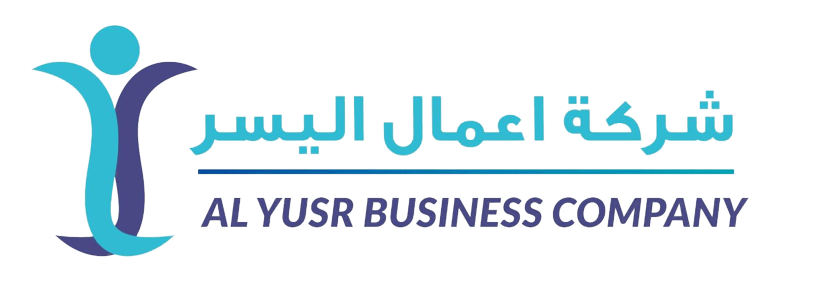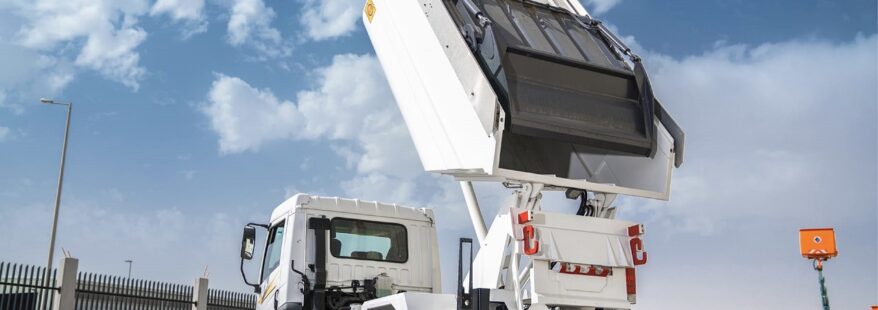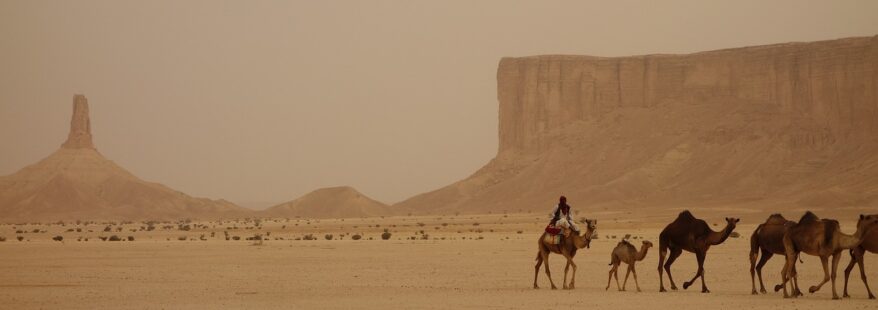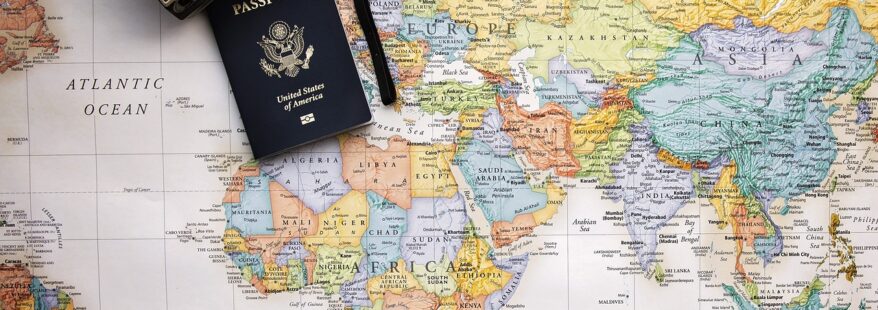Finding a job in Saudi Arabia can be a rewarding endeavor, offering exciting career opportunities and exposure to a vibrant culture. However, navigating the job market in a foreign country requires careful planning and preparation. In this comprehensive guide, we will walk you through the essential steps to secure a fulfilling job in the Kingdom of Saudi Arabia.
Embarking on a job search in Saudi Arabia is an exciting prospect, considering the country’s booming economy and diverse industries. Whether you are a recent graduate or an experienced professional seeking new horizons, this guide aims to provide valuable insights and practical tips for a successful job hunt.
Understanding the Saudi Arabia Job Market
Saudi Arabia boasts a robust job market, particularly in sectors like oil and gas, healthcare, finance, and technology. Researching the industries with the highest demand for skilled professionals will guide your job search.
Cultural awareness plays a crucial role in job hunting. Understanding Saudi Arabian work culture, business etiquette, and societal norms will enhance your chances of securing a job and thriving in your new professional environment.
Researching Potential Employers
Online job portals are powerful tools in the modern job search. Platforms like Bayt, Naukri Gulf, and LinkedIn allow you to explore job opportunities, connect with employers, and submit your applications seamlessly.
Building a network in Saudi Arabia is invaluable. Attend industry events, join professional groups, and connect with professionals on LinkedIn to expand your circle and increase your chances of finding the right job.
Crafting an Impressive Resume
Tailor your resume to highlight skills and experiences relevant to the Saudi job market. Showcase accomplishments and emphasize how your expertise aligns with the needs of potential employers.
Understanding the expectations of Saudi employers will help you tailor your resume effectively. Highlighting achievements, using industry-specific keywords, and quantifying results can set your application apart.
Preparing for the Interview
Being prepared for common interview questions is essential. Anticipate questions about your experience, cultural adaptability, and why you want to work in Saudi Arabia to ace your interview.
Saudi Arabia has a conservative dress code. Dress modestly and adhere to local customs during interviews. Demonstrating cultural respect will leave a positive impression on your potential employers.
Navigating Work Visas and Permits
Securing the right visa is critical for working in Saudi Arabia. Familiarize yourself with the visa application process and ensure you meet all legal requirements.
Complying with legal requirements for foreign workers is paramount. Ensure you have all necessary permits and documentation to work legally in the country.
Learning Arabic Basics
While many companies in Saudi Arabia operate in English, learning basic Arabic can enhance your communication and integration into the local workplace.
Mastering basic Arabic phrases related to the workplace can create a positive impression. Greetings, expressions of gratitude, and workplace-related terms can go a long way.
Understanding Compensation and Benefits
Negotiating your salary and benefits is a common practice. Research typical salary ranges for your industry and level of experience to negotiate confidently.
Understanding the average salary for your role and industry in Saudi Arabia ensures you set realistic expectations and negotiate fair compensation.
Adapting to the Saudi Work Culture
Adapting to the Saudi work culture involves cultural sensitivity. Respect local customs, observe work hours, and embrace the traditional values that shape the workplace.
Maintaining a healthy work-life balance is important. Understand the expectations regarding working hours, holidays, and time off to ensure a fulfilling professional and personal life.
Networking Strategies
Joining professional groups and associations relevant to your industry provides networking opportunities and a chance to stay updated on industry trends.
Attending industry events and conferences is an effective way to network with professionals and potential employers. Stay informed about upcoming events and make an effort to participate.
Utilizing Recruitment Agencies
Recruitment agencies like Alyusr Business Company or Riyadh Solutions, can streamline your job search, but understanding the pros and cons is crucial. Research agencies, read reviews, and choose reputable ones with a track record of success.
How to Choose the Right Agency
Choosing the right recruitment agency involves evaluating their expertise in your industry, success rates, and client testimonials. A well-matched agency can significantly enhance your job search experience. You can search Alyusr Business Company to have more knowledge about Recruitement agencies.
Online Presence and Social Media
A strong online presence, especially on LinkedIn, can attract employers. Craft a professional LinkedIn profile, showcase your achievements, and actively engage with the professional community.
Social media can be a powerful tool for job hunting. Engage with industry professionals, participate in relevant conversations, and showcase your expertise to expand your network.
Addressing Challenges in Job Hunting
Language barriers can be a challenge. Overcome them by improving your language skills, seeking language assistance, and demonstrating a willingness to learn.
Job hunting often involves rejection. Develop resilience, learn from each experience, and use rejection as an opportunity for self-improvement and growth.
Success Stories and Inspirational Tips
Learning from the success stories of others can provide inspiration and insights. Explore how individuals navigated the job market in Saudi Arabia and achieved their career goals.
Motivational Advice for Job Hunters
Staying motivated during a job search is crucial. Embrace the journey, celebrate small victories, and remain focused on your ultimate goal. Persistence and a positive mindset can lead to success.
Conclusion
Finding a job in Saudi Arabia requires a combination of research, preparation, and cultural awareness. By following the steps outlined in this guide, you can navigate the job market with confidence and increase your chances of securing a fulfilling opportunity.
FAQs
Q: Can I find English-speaking jobs in Saudi Arabia?
A: Yes, many companies operate in English, especially in sectors like technology and finance.
Q: How long does it take to obtain a work visa for Saudi Arabia?
A: The visa process can vary, but it typically takes a few weeks to a few months.
Q: Is learning Arabic necessary for finding a job?
A: While not mandatory, learning basic Arabic can enhance your communication and integration.
Q: Are recruitment agencies reliable for finding jobs in Saudi Arabia?
A: Yes, reputable recruitment agencies can be valuable in connecting you with suitable job opportunities.
Q: How important is networking in the Saudi job market?
A: Networking is highly important and can open doors to valuable opportunities.











